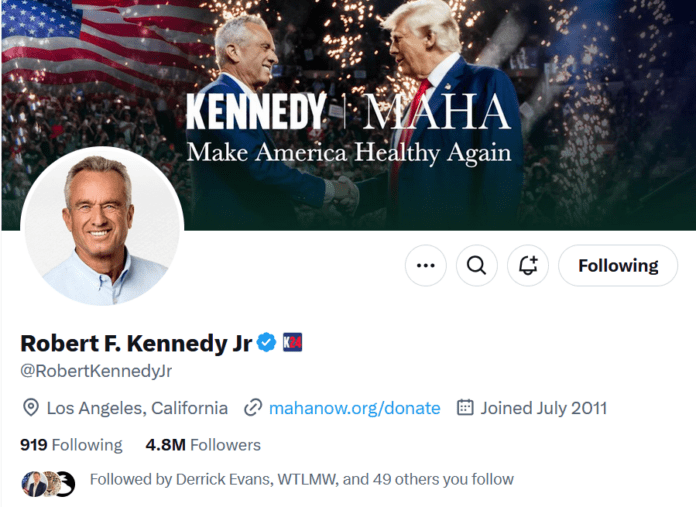Robert F. Kennedy Jr. is on a mission to “Make America Healthy Again” (MAHA), targeting the nation’s escalating obesity crisis. With over 40% of U.S. adults classified as obese—a figure that has more than doubled since the 1980s—Kennedy’s initiative aims to confront this epidemic head-on.
The MAHA Initiative: A Bold Vision

Kennedy’s MAHA campaign seeks to overhaul the American food system by eliminating harmful chemicals, reducing sugar content, and curbing corporate influence over health policies. He advocates for banning food stamps for purchasing unhealthy foods and removing additives and chemicals from the food supply.
Obesity in the U.S.: A Stark Reality
The United States leads the developed world in obesity rates, with over 40% of adults classified as obese. This prevalence surpasses that of many other nations, including China, Russia, Japan, and countries within the European Union. For instance, Japan maintains an obesity rate of approximately 4%, while the EU averages around 20%.
Global Comparisons: A Wake-Up Call
In contrast to the U.S., countries like Japan and several EU nations have implemented effective public health strategies to combat obesity. These include promoting balanced diets, encouraging physical activity, and regulating food marketing. The stark differences in obesity rates highlight the urgent need for the U.S. to adopt more aggressive measures.
Kennedy’s Controversial Approach
Kennedy’s proposals have sparked debate. His emphasis on reducing corporate influence and banning certain food additives challenges powerful industry interests. Critics argue that such measures could lead to increased food prices and limited consumer choices. However, supporters contend that bold actions are necessary to address the obesity epidemic and its associated health risks.
The Path Forward
As Kennedy prepares to assume a leadership role in the Department of Health and Human Services, his MAHA initiative represents a radical shift in U.S. health policy. By confronting the obesity crisis through systemic changes, Kennedy aims to improve public health outcomes and reduce the burden of chronic diseases linked to obesity.
The success of the MAHA initiative will depend on its implementation and the ability to balance public health goals with economic and social considerations. As the U.S. grapples with its obesity epidemic, Kennedy’s approach offers a provocative and potentially transformative path forward.





